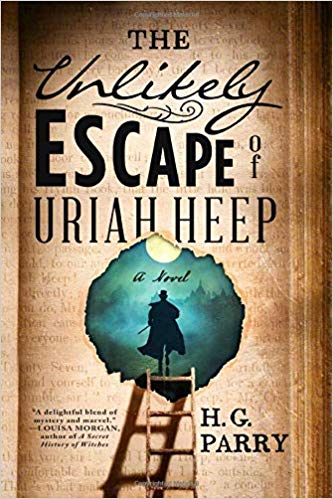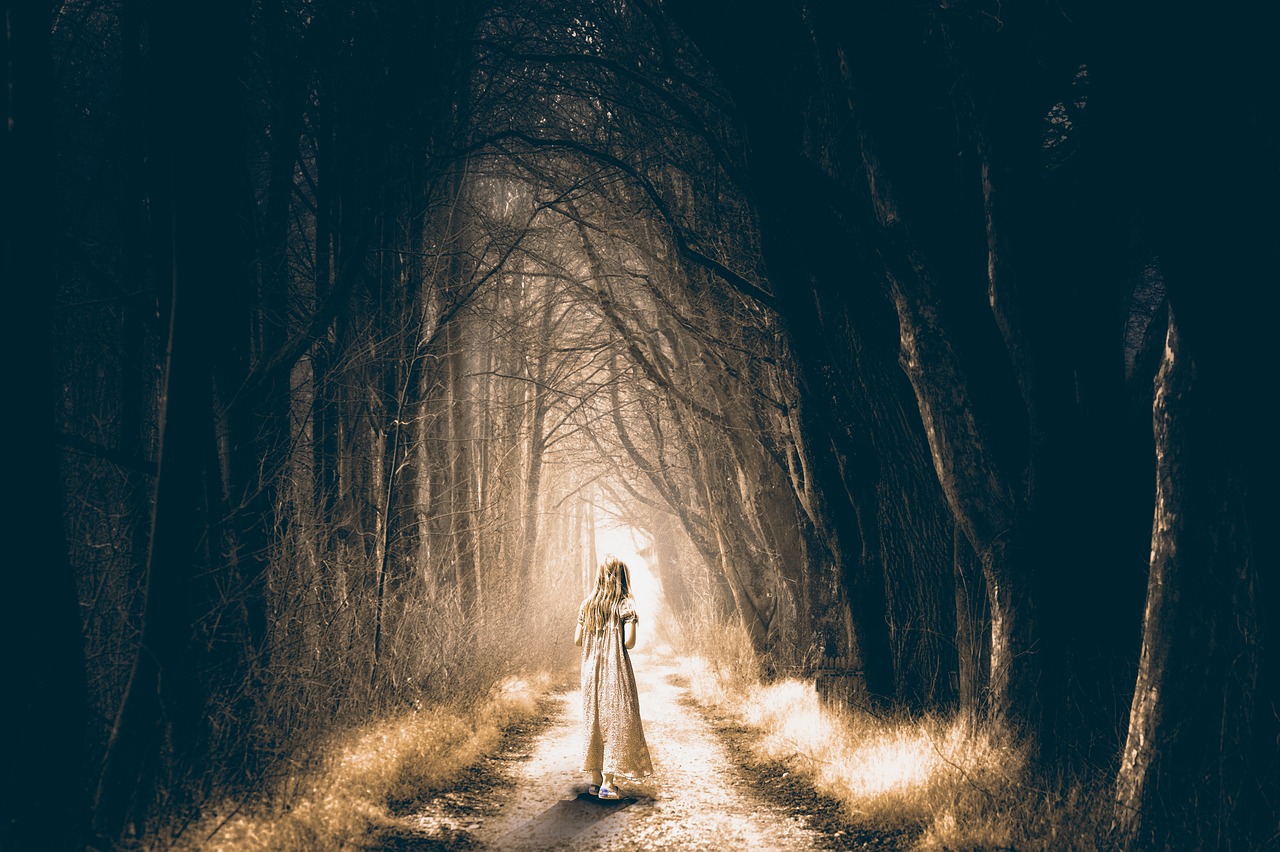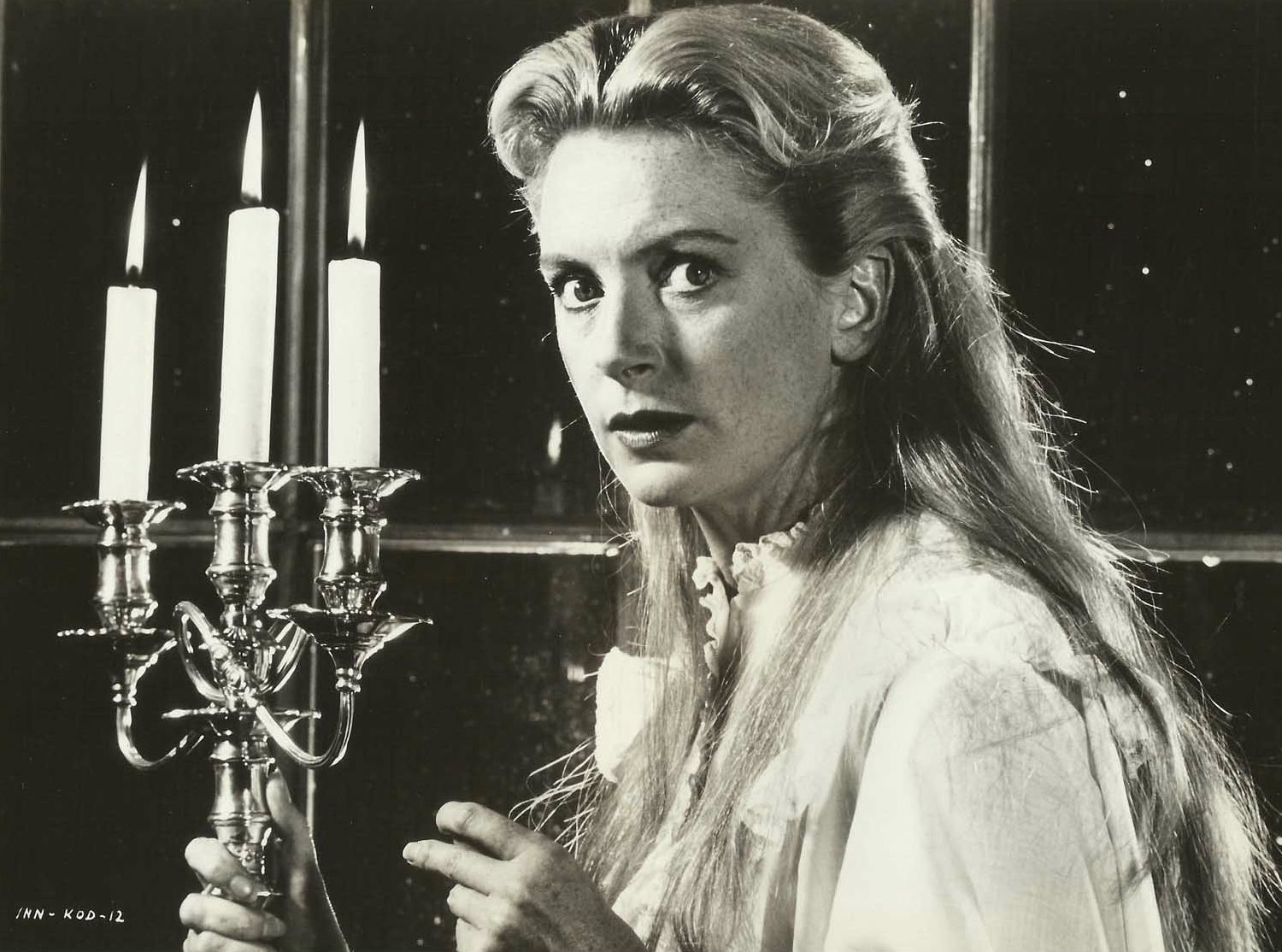Reading Lists
A Power Ranking of Sherlock Holmes Adaptations
The consummate detective has been reimagined hundreds of times—which screen version is best?
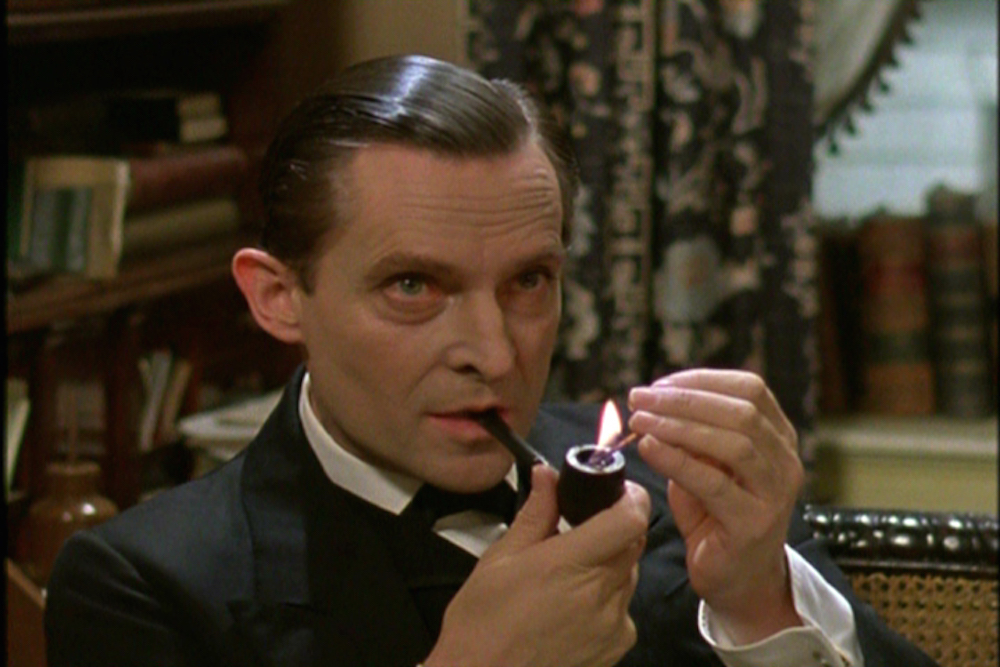
When I came to write The Unlikely Escape of Uriah Heep, a book peopled with famous literary characters, I was very excited to create my own version of Sherlock Holmes. I wasn’t alone. Since the publication of A Study in Scarlet, the first Holmes story, in 1887, there have been hundreds—perhaps thousands—of adaptations, retellings, studies, and spin-offs related to the famous detective. Something about Sherlock Holmes remains a perpetual well of inspiration. He is more than a detective; he is the Victorian equivalent of a superhero: both cleverer and physically stronger than a normal human, protecting England from murder and blackmail and spectral hounds through the power of science and deductive reasoning. And yet he is also more than an archetype: his mood swings, his love of the violin, his drug use, and his deep friendship with Dr Watson give him real complexity, and the fact we see him almost solely through Watson’s narration makes it impossible to judge what goes on beneath the surface of his mind. He’s irresistible.
With over 250 Holmes adaptations on screen alone (according to Guinness World Records), this list could never be definitive. Billy Wilder’s utterly bizarre The Private Life of Sherlock Holmes (1970), for instance, is equally deserving of a mention; so is The Seven-Per-Cent Solution (1976), based on the book of the same name, or Murder by Decree (1979), wherein Christopher Plummer’s Holmes investigates Jack the Ripper. And that’s without mentioning any of the radio dramas, or the stage versions, including two musicals and a ballet. (Yes, a ballet.) But these twelve adaptations, all iconic in their own way, explore different facets of Sherlock Holmes; together, they testify to the character’s infinite adaptability. Here they are, in order from worst to best.
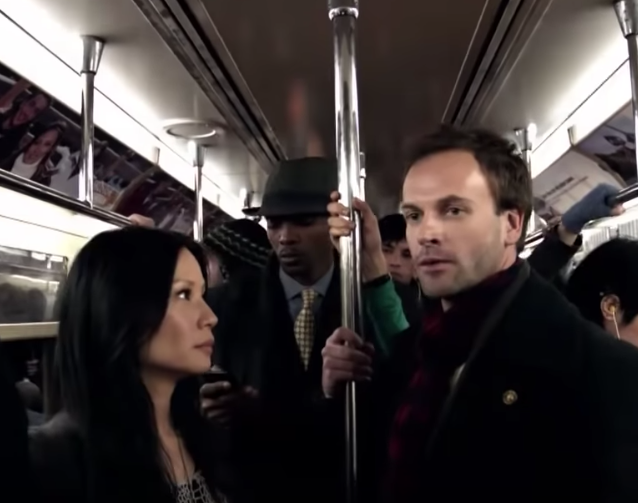
12. Elementary (2012–2019, Holmes played Jonny Lee Miller)
This is more of a U.S. version of Sherlock than a genuine Holmes adaptation (as signified by their decision to title the show after Holmes’s most famous quote-that-he-never-really-said), but it makes some bold moves of its own. The series reimagines Sherlock Holmes as a recovering drug addict and police consultant in New York, and adds a number of new elements to his persona, including a past with MI6 and numerous father issues. (His father is played by John Noble, who was also Denethor in the Lord of the Rings films, so issues are understandable.) Compared to Sherlock, the references can feel flat and obvious, even gimmicky. Yet Jonny Lee Miller’s performance is quirky and energetic, and the series makes commendable efforts to create and update roles for women, albeit in a way that arguably plays into a whole new set of stereotypes: from Lucy Liu as Watson, to combining the characters of Irene Adler and Moriarty into one “femme fatale” played by Natalie Dormer, to the inclusion of Kitty Winter, one of Conan Doyle’s most fascinating yet underused female characters. And, with seven seasons of 24 episodes each, Miller has long since become the longest-serving Holmes, making him an important contribution to the canon.

11. The Hound of the Baskervilles (1982, Holmes played by Tom Baker)
Dr. Who and Sherlock Holmes have always had a close literary relationship, from the Tom Baker-era Victorian pastiche The Talons of Weng Chiang to Steven Moffatt’s tenure producing both Doctor Who and Sherlock simultaneously. This is perhaps the closest brush between the two: not only does the Fourth Doctor Tom Baker star as Sherlock Holmes, but Doctor Who producer Barry Letts and script editor Terrance Dicks reunited to bring this multi-part adaptation to the screen. It ought to be better than it is, frankly, but what it is still works well. Baker delivers a compelling if subdued performance, and the script is faithful. It just lacks a spark.
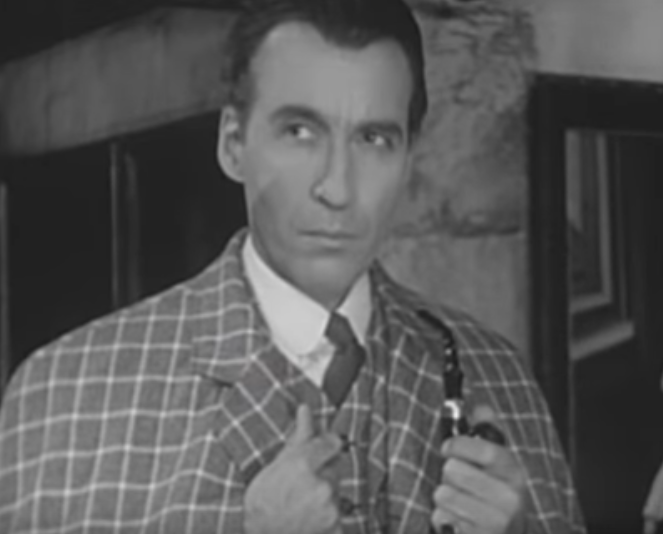
10. Sherlock Holmes and the Deadly Necklace (1962, Holmes played by Christopher Lee)
This an odd West German/French/Italian co-production, loosely based on The Valley of Fear. Christopher Lee played Holmes twice more after this, in two television films; Thorley Walters played Dr. Watson in three further completely unrelated films (two of them comedies). I’m picking on this film because it was both actors’ first time at the roles, as well as their only time together, and they’re very good. Deadly Necklace itself is not a great film. The English version suffers from poor dubbing; the plot is serviceable but drags at times; the humor is often forced. I don’t know why Holmes is obsessed with The Times. But Christopher Lee has unmatched gravitas, and he uses Holmes’s disguises to great effect (even when the plot doesn’t really justify them). The confrontations with Hans Söhnker as Moriarty have real tension. It’s good fun.
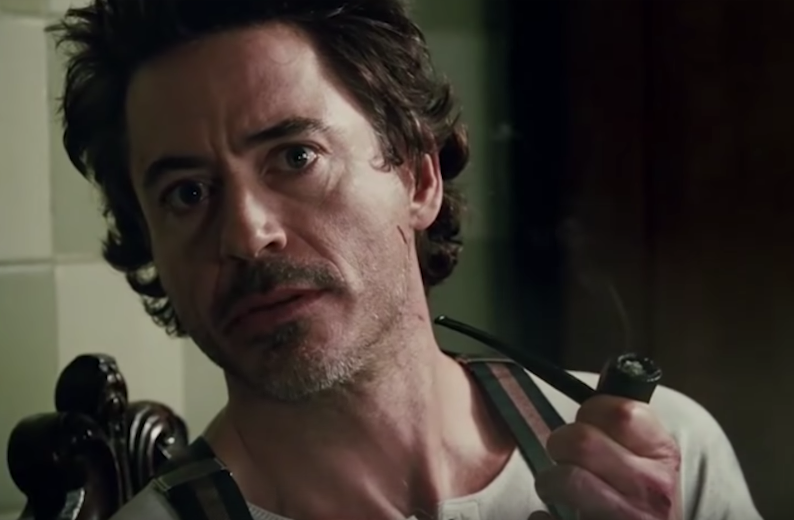
9. Sherlock Holmes (2009, Holmes played by Robert Downey, Jr.)
This film and its sequel A Game of Shadows (2011) take a different slant on Holmes, emphasizing his action-hero skills and bohemian eccentricity to create a larger than life, comic book version of Conan Doyle’s hero and world. It could have been a disaster, but Robert Downey’s charisma and the prickly chemistry between him and Jude Law as Watson mostly carry it over the bumps, and the villains and set design are gloriously over-the-top. It isn’t faithful or even particularly witty, and it isn’t trying to be—though the script’s focus on the conflict between science and magic pick up nicely on the themes of the Victorian gothic.
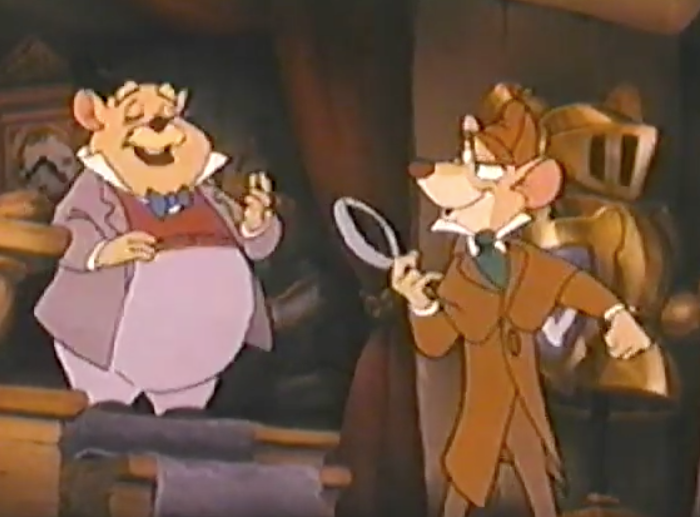
8. The Great Mouse Detective (1986)
Yes, really. This film is underrated as a clever, playful take on the Holmes canon, and moreover, it’s plain hilarious. Based on the children’s book series Basil of Baker Street by Eve Titus, Basil is a mouse who lives under the floors at 221B Baker Street—the real Holmes and Watson are glimpsed at points throughout the film. Their world replicates that of Victorian London, complete with smoky pubs and a mouse Queen Victoria. Basil (voiced by Barrie Ingham) homages Holmes’s quirks beautifully, from his mood swings to his enthusiasm for disguises to his discomfiture at strong emotion, while Vincent Price steals the show as the voice of the dastardly Professor Ratigan. Dawson, the Watson mouse, is frankly adorable. The climax takes places behind the clock face of Big Ben and there are clockwork robots. Who wouldn’t love this?
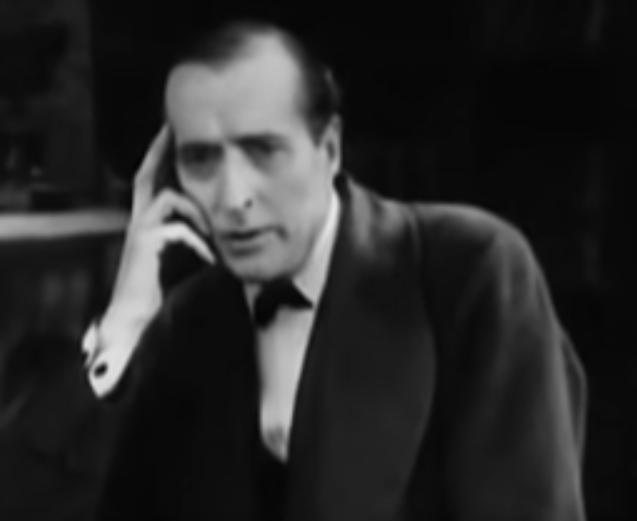
7. Sherlock Holmes film series (1931–1937, Holmes played by Arthur Wontner)
Arthur Wontner was born in 1875 (old enough to have read the Holmes stories as they came out), and was technically too old for the part even in the first of the five Holmes films he made. The later productions wisely lean into this rather than trying to disguise it: Wontner is a genial, friendly aging Holmes, and Ian Fleming is a likable Watson, though he risks disappearing from the plot at times. The banter between them is gentle and sweet. (For The Sign of Four Fleming was replaced by Ian Hunter.)
Most of the films are very faithful to the source texts. The exception is the final film, Silver Blaze (U.S.: Murder at the Baskervilles), which is charmingly bananas. Holmes and Watson are doing a straightforward adaptation of “The Adventure of Silver Blaze,” albeit rewritten as a sequel to Hound of the Baskervilles. Meanwhile, however, Moriarty and Moran are sneaking around in the hedges like Dick Dastardly and Muttly trying to gatecrash the plot. They finally manage to derail “Silver Blaze” entirely by kidnapping Watson, whom they threaten to throw down a disused elevator shaft. But Holmes saves the day by (spoilers, I’m sorry, I can’t help it) fixing the elevator and descending to the rescue. If this sounds like something you would like to see, then you should.

6. The Adventures of Sherlock Holmes and Doctor Watson (1979–1986, Holmes played by Vasily Livanov)
This series of five Soviet television films has become iconic for its accuracy to the source material, its atmospheric production design, and the performances of the cast, headed by Vasily Livanov as Holmes and Vitaly Solomin as Dr. Watson. In the U.K., Livanov was made an honorary MBE for his portrayal of Holmes, the only Russian actor ever to be so honored, while in Moscow a statue to Holmes and Watson as portrayed by the films’ lead actors stands near the British embassy. I’ve only seen fragments of this, but both actors’ commitment to the mannerisms of their characters (Livanov’s quicksilver energy and intellect, Solomin’s quiet composure) and the unmistakable chemistry between the two is impressive.

5. Sherlock Holmes TV series (1965–1968, Holmes played by Douglas Wilmer and Peter Cushing)
This series was beset by production difficulties, which contributed to Douglas Wilmer leaving after one series and Peter Cushing coming to replace him. If their performances suffer, however, it doesn’t show. Wilmer’s depiction of the great detective is still warmly regarded by Holmes fans. Cushing, who had played the role previously, is similarly a delightful Holmes: deceptively unassuming, yet capable of turning to steel when the villains are unmasked. He and Nigel Stock as Watson (who also played alongside Wilmer) have a touching friendship that underscores Holmes’s loneliness: in “The Blue Carbuncle,” Holmes’s delight at seeing Watson at Christmas and his overwhelmed surprise that Watson has brought him a present is very moving. Cumberbatch and Brett (to a lesser extent) have so thoroughly entrenched the idea of Holmes as a cold, calculating borderline-sociopath that it’s easy to forget how rarely he has in fact been played that way.
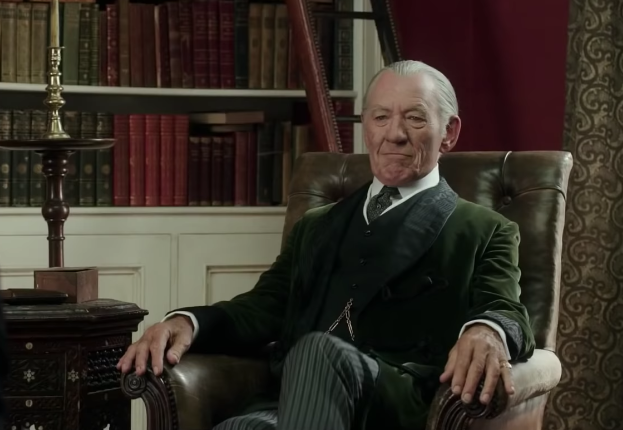
4. Mr. Holmes (2015, Holmes played by Ian McKellen)
This is a controversial entry, especially as the film doesn’t even adapt Holmes canon directly but is instead based on Mitch Cullen’s 2005 novel A Slight Trick of the Mind. I don’t care. This film is a masterpiece. McKellen plays a 93-year old Holmes, retired in Sussex Downs and struggling with memory loss; the plot slides between the “present” of 1947 and Holmes’s unreliable memories of his last case 30 years earlier. McKellen’s performance in both times is exceptional, at times heartbreakingly vulnerable, and at others dry, witty, and keenly insightful. This film is truly about Sherlock Holmes: as a person, as a fictional character, and the line between the two. It explores the tension between Holmes’s passion for truth and his growing understanding of the power of story. It’s about loss (in one haunting sequence, Holmes visits Hiroshima), but it’s ultimately a gentle, joyful film about memory and legacy. I don’t know how they did this, but it’s beautiful.
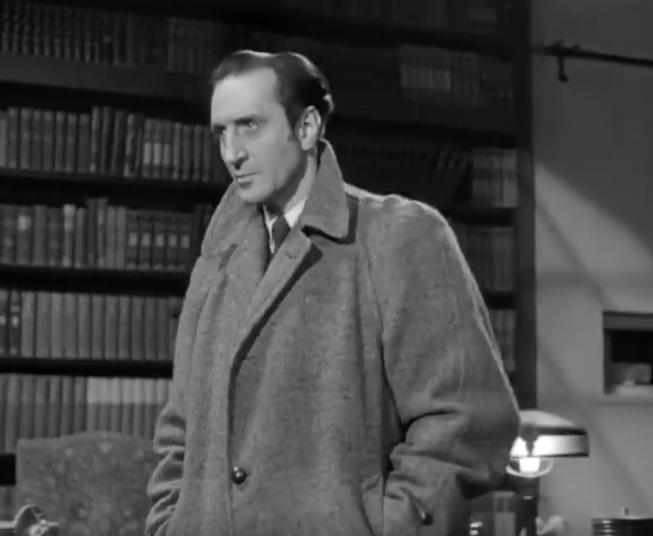
3. Sherlock Holmes film series (1939–1946, Holmes played by Basil Rathbone)
Basil Rathbone, with Nigel Bruce as his loyal Watson by his side, played Holmes across fourteen films (and over 200 radio shows), and he is arguably the first iconic film version of the detective. While the early films are set in Victorian England, the later films are often original stories and foreshadow Sherlock in being updated to the present day—in this case, WWII. These stories are imaginative and fun, stretching the limits of what Holmes can do and establishing him, as the opening titles state, as a hero “ageless, invincible, and unchanging.” Yet the real strength is in the performances. Rathbone is magnificent: commanding, gentlemanly, fiercely intelligent yet capable of warmth and kindness. Nigel Bruce reinvents Watson as a bumbling, sweet-natured comic sidekick—a characterization untrue to the Conan Doyle stories, but revolutionary in giving Watson a defined role and purpose that was often missing from earlier adaptations. (Besides, his duck impressions are funny.) And, as is true of all the best adaptations, the chemistry between the two actors is perfect.
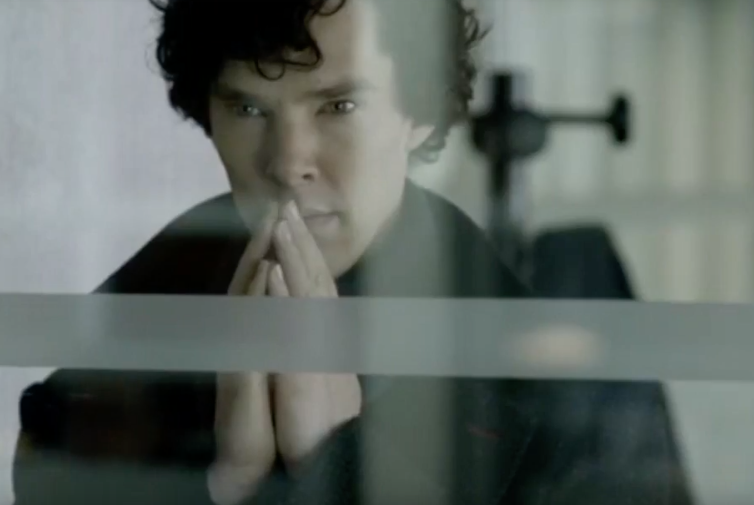
2. Sherlock (2010–2017, Holmes played by Benedict Cumberbatch)
If the Granada Holmes series is a study in faithfulness to Conan Doyle’s stories, Sherlock is a postmodern pastiche of those stories, bringing Sherlock Holmes into the modern world. Benedict Cumberbatch’s performance is electric, all tumbling curls and cheekbones and arrogance and intellect. Martin Freeman’s irritable, defensive army-doctor-turned-blogger John Watson serves as our viewpoint on Sherlock from the start, as Watson does in the stories, and the rapport between the two is one of the show’s many strengths: it’s perhaps the only adaptation where Watson seems to carry as much dramatic weight as Holmes. The production is revolutionary in the way it dramatizes Sherlock’s deductions, through various on-screen depictions of his “mind palace”: for the first time, we’re able to see him thinking. The best thing about the show, however, just might be the writing. When this show is at its best, it’s truly brilliant, not just in itself but in the way it constantly embraces and playfully subverts its own source material—at times, such as in the early acts of in Scandal in Belgravia and His Last Vow, the references to Conan Doyle stories and previous Holmes adaptations cascade so thick and so fast that keeping up with them feels like trying to snatch at falling snow. The result is something very special: at once homage to Sherlock Holmes canon, an exploration of that canon, and a definitive Holmes adaptation in its own right.
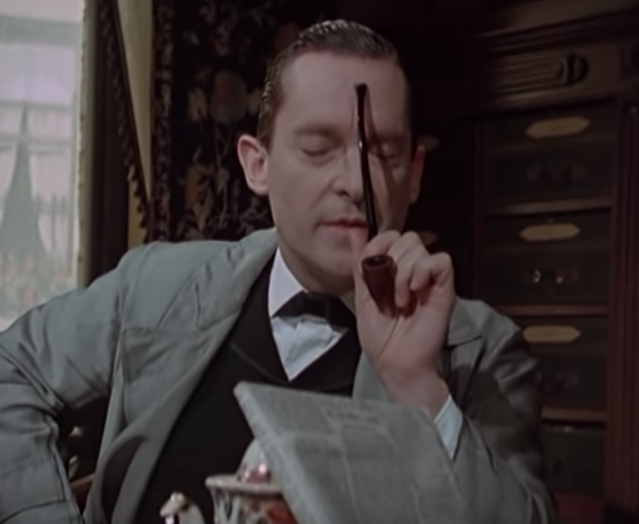
1. Sherlock Holmes TV series (1984–1994, Holmes played by Jeremy Brett)
This famous Granada series teems with loving detail: from the scripts, which faithfully adapt the original stories, to the set design, costumes, and cinematography, which often replicate frame-for-frame artist Sidney Paget’s original illustrations. The most extraordinary details, however, can be found in Jeremy Brett’s performance. Brett researched the part meticulously, and delivers a portrayal that brings out not only Holmes’s intellect but his full psychological complexity. At times startlingly dramatic, at other times subtle and nuanced, Brett’s Holmes is a study in contradictions: prone to dark moods yet also flashes of contagious laughter, languid one moment and the next twitching with barely contained energy, majestic and arresting and brimming with charisma. When he’s on screen, it’s impossible to look anywhere else. He is ably supported by his two Watsons, David Burke in the first series and Edward Hardwicke from then on: Burke is a slightly younger, more sarcastic Watson, while Hardwicke brings a gentle kindness to the part. The later episodes were sadly hindered by Jeremy Brett’s failing health (he suffered from bipolar disorder and a heart condition), which led to his tragically early death before he could complete the series. His legacy, however, is a production which can quite rightly considered the definitive on-screen representation of Sherlock Holmes.




